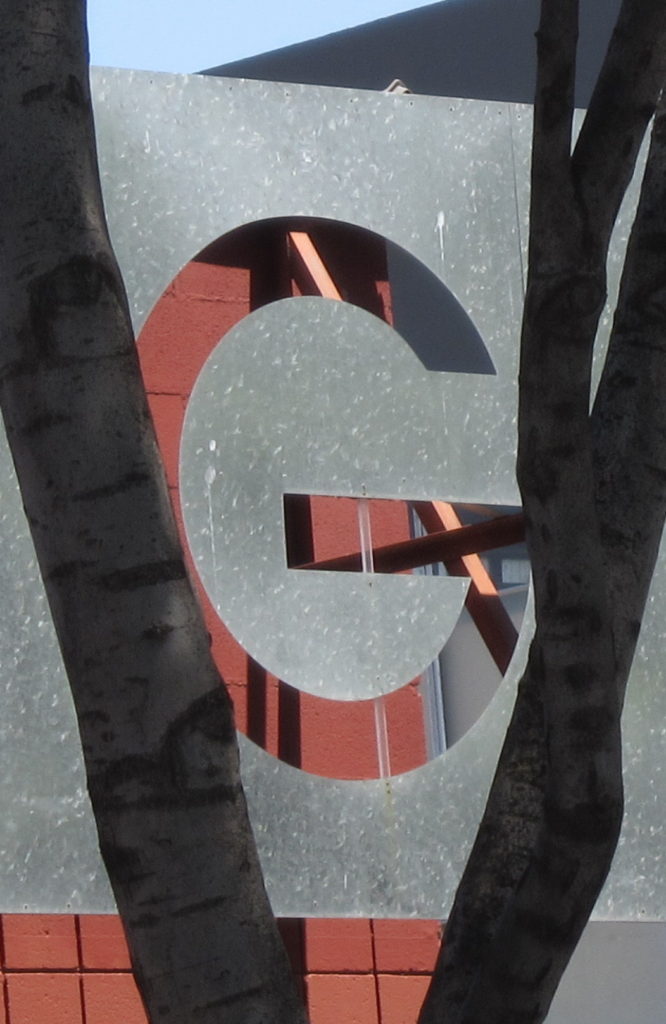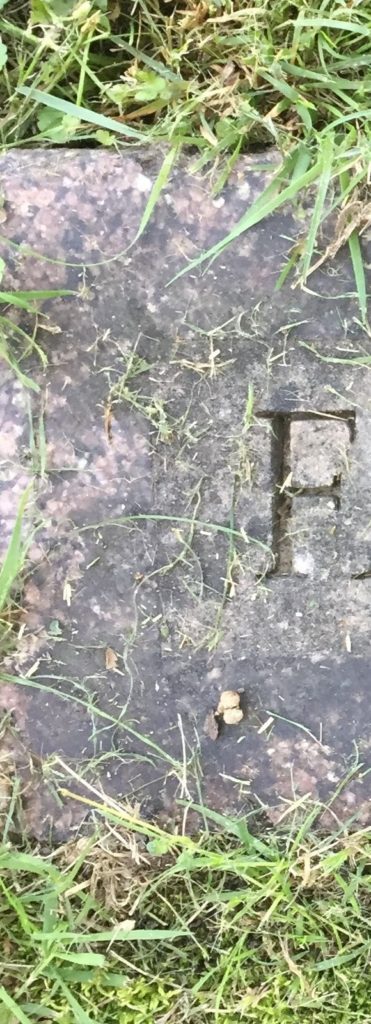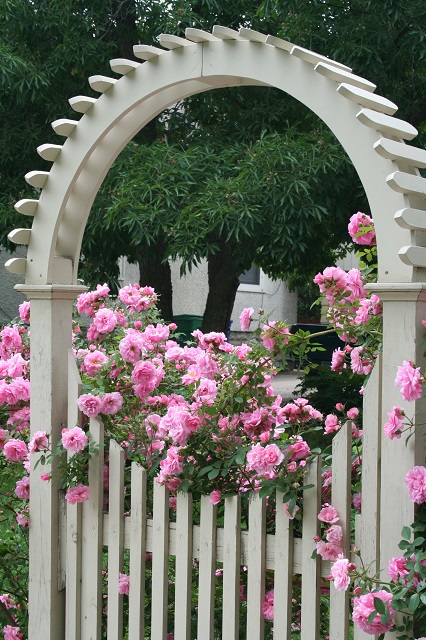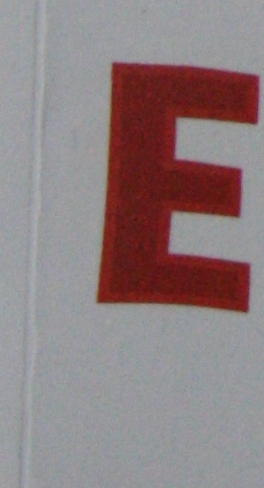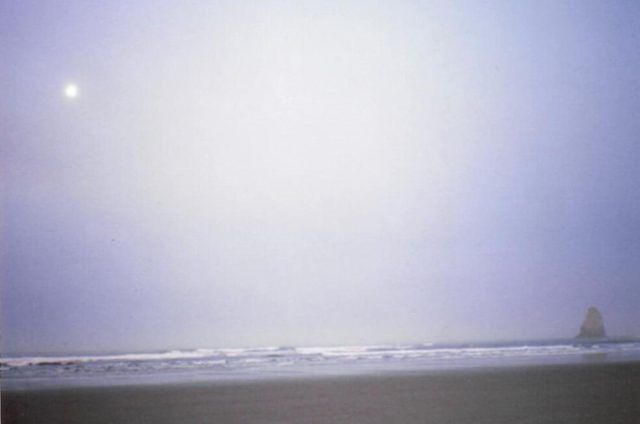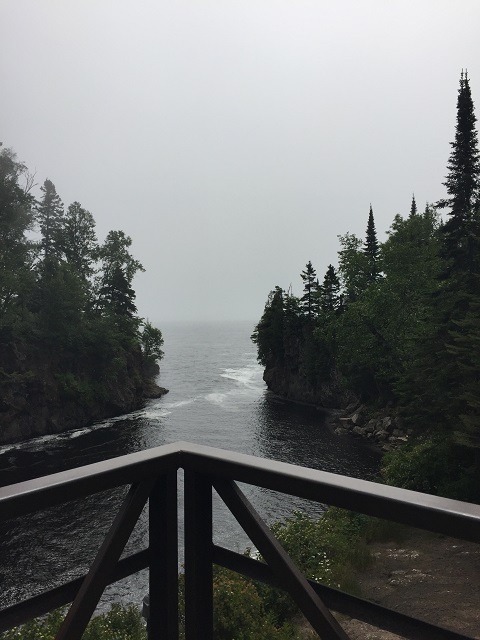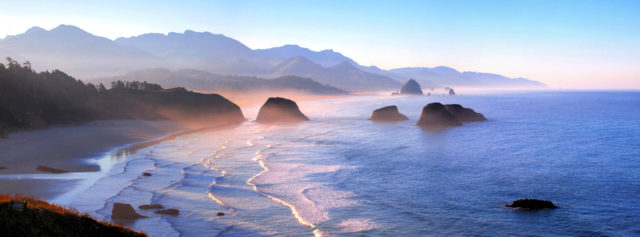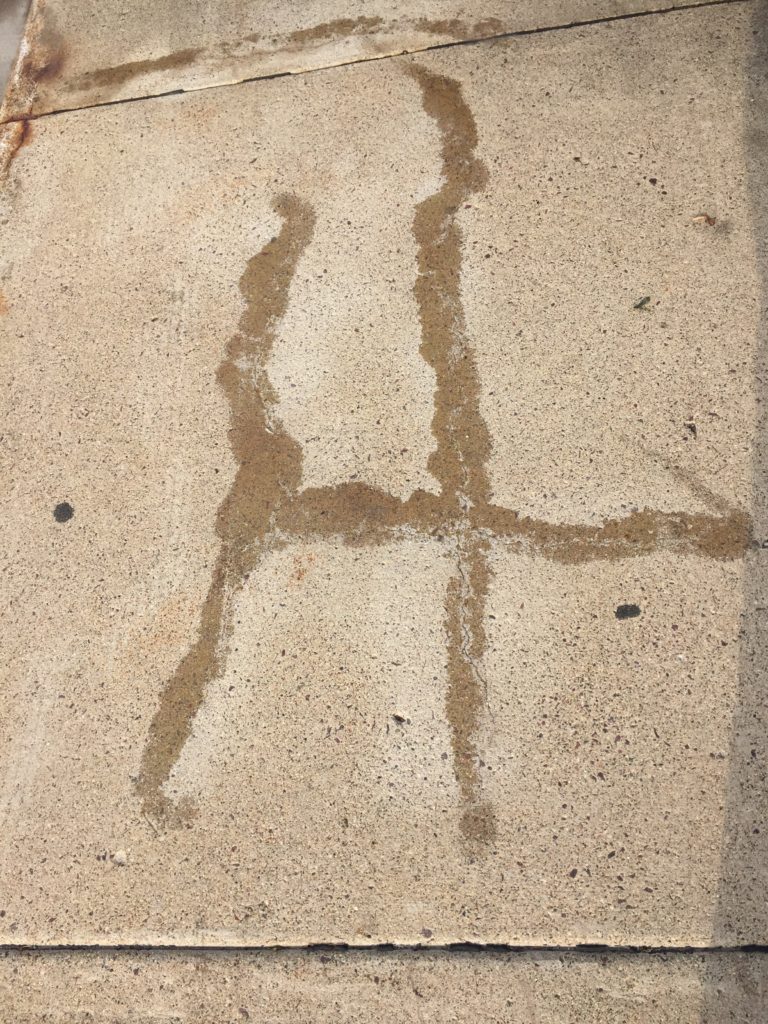
Howling
Not the wind knocking branches against the eaves,
Nor wolves, for they are far, far to the north.
Just the small echo chamber of my heart,
Voicing this pain I hear, this pain I see,
Twisting shimmers of inherited wroth
Polished and shaped for the distance of art.
There is power in voices shaped into song.
Our singing breath holds a gathering force.
Our sorrows must flow before they are spent,
Acknowledged before any grievous wrong
Can be set right. If the river’s course
Is dammed, its flow still presses, cannot relent.
Song helps to clear the silt, to sweeten the rue.
Our flowing breath can strengthen and renew.
Leslie Schultz
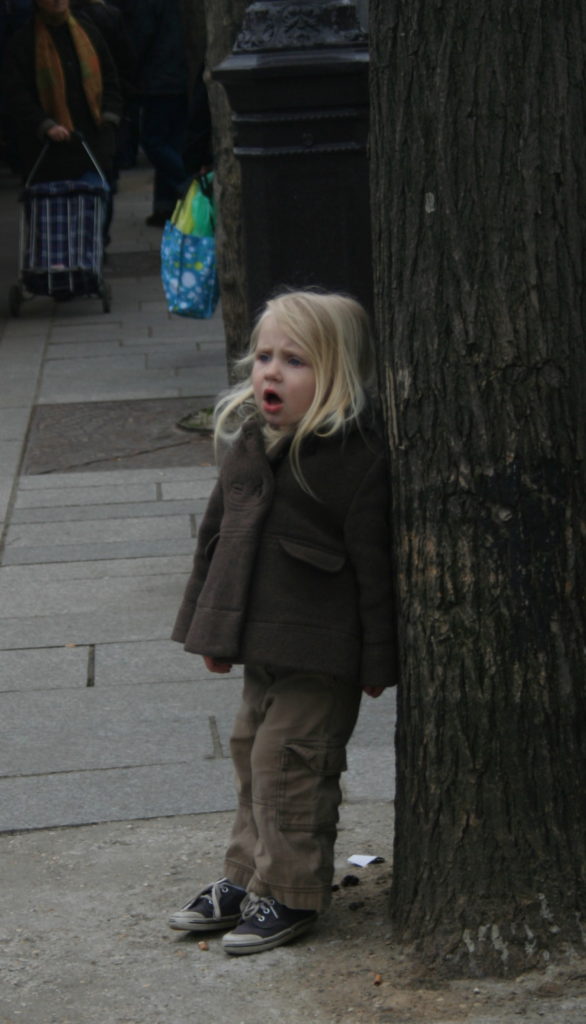

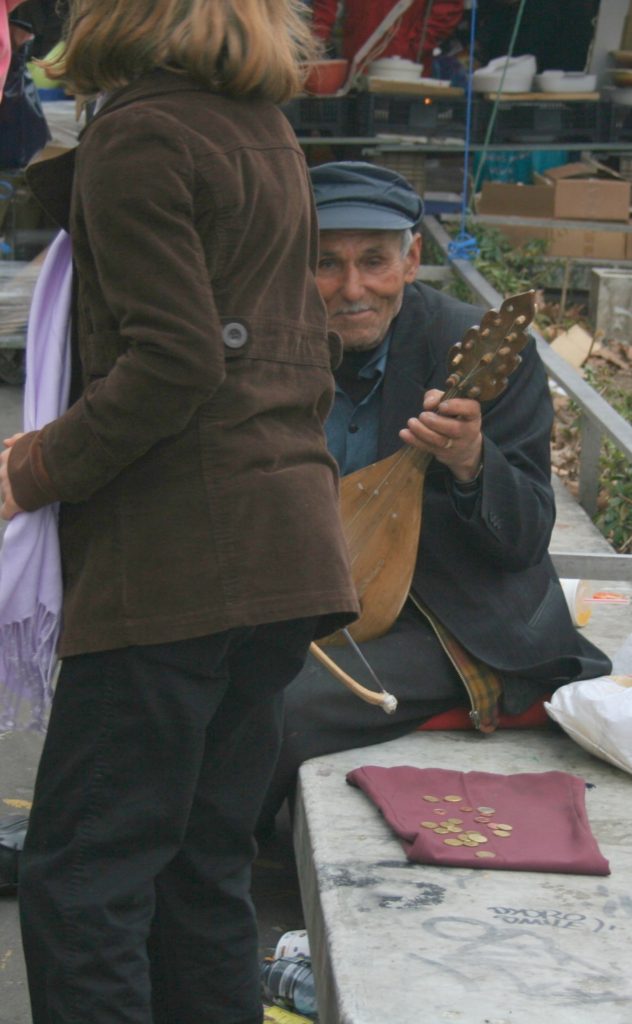
Regular readers of Winona Media might recall some these images. They inspired a NaPoWRiMo poem (April 19, 2017) called “Portrait of a Street Musician” and writing that poem helped me to learn from a reader what the instrument played was so long ago on a grey day in Paris.
This morning, I was thinking about breath and wondering about the tonal and other differences between singing and howling, or indeed whether the difference is only in our naming. Why that today? I don’t really know–gloomy weather, world strife, headache.
What I do know is that it helps me to engage, at least in my own way, to try to make something. To try to make sense.
Wishing you the solace of song today--Leslie

